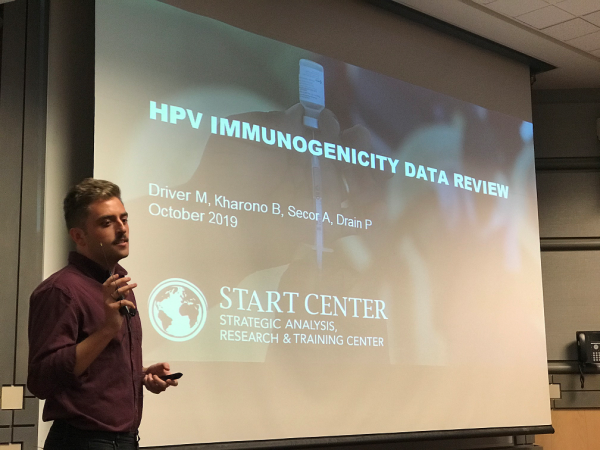- October 2025 (2)
- September 2025 (1)
- August 2025 (1)
- July 2025 (4)
- June 2025 (1)
- August 2024 (1)
- July 2024 (1)
- May 2024 (1)
- March 2024 (1)
- February 2024 (1)
- January 2024 (2)
- December 2023 (2)
- November 2023 (1)
- October 2023 (2)
- August 2023 (1)
- May 2023 (1)
- February 2023 (1)
- January 2023 (2)
- October 2022 (1)
- September 2022 (2)
- June 2022 (3)
- May 2022 (1)
- March 2022 (1)
- December 2021 (1)
- October 2021 (1)
- September 2021 (2)
- July 2021 (1)
- June 2021 (5)
- March 2021 (1)
- January 2021 (1)
- December 2020 (1)
- October 2020 (2)
- July 2020 (1)
- June 2020 (2)
- April 2020 (2)
- March 2020 (2)
- January 2020 (1)
- December 2019 (1)
- November 2019 (1)
- October 2019 (1)
- September 2019 (2)
- August 2019 (1)
- July 2019 (1)
- June 2019 (2)
- May 2019 (1)
- April 2019 (2)
- March 2019 (1)
- December 2018 (1)
- November 2018 (1)
- October 2018 (3)
- September 2018 (1)
- July 2018 (2)
- June 2018 (1)
- May 2018 (3)
- April 2018 (3)
- February 2018 (1)
- November 2017 (3)
- October 2017 (1)
- May 2017 (3)
- April 2017 (3)
- March 2017 (1)
- February 2017 (1)
- January 2017 (1)
- September 2016 (2)
- August 2016 (1)
- June 2016 (2)
- May 2016 (2)
- April 2016 (2)
- March 2016 (2)
- February 2016 (2)
- January 2016 (1)
- September 2015 (2)
- August 2015 (1)
- May 2015 (2)
- December 2014 (3)
- October 2014 (1)
- July 2013 (1)
START Center
START RESEARCH ASSISTANT PRESENTS AT HPV CONSORTIUM

With an estimated 570,000 new cases in 2018, cervical cancer is the fourth most common cancer in women and the seventh most common cancer overall. While mortality has declined in the past four decades, cervical cancer remains a threat globally; approximately 90% of deaths due to cervical cancer occur in low- and middle-income countries. Three licensed and WHO-prequalified vaccines currently exist to prevent HPV, the sexually transmitted infection responsible for cervical cancer. Although these vaccines are subsidized by Gavi for many low-resource settings, they remain out of reach for many low- and middle-income countries who do not benefit from Gavi support or are transitioning out of Gavi support eligibility. Additionally, the approved dosing schedules for these vaccines are resource-intensive and can be difficult to implement programmatically in countries with limited healthcare infrastructure. There is considerable interest in the global community in novel approaches to HPV vaccination with reduced dosing schedules; while such approaches are being studied, comparative data across studies is difficult to interpret due to differences in assays, timepoints tested, and age groups studied.
Beginning in October 2018, Research Assistants from the START Center engaged with the Integrated Clinical Vaccine Development team at the Bill & Melinda Gates Foundation to conduct a systematic review and meta-analysis of published literature on the licensed HPV vaccines. The purpose of the review was to better understand the available data regarding the immune response following non-standard dosing schedules as well as to compare the immune responses between standard and non-standard schedules. Specifically, the START team identified key data for single dose schedules as well as extended interval schedules (defined as schedules wherein the second dose was administered at least 12 months following the first).
The START team’s work represented one of several ongoing workstreams related to non-standard dosing schedules for the HPV vaccine conducted by a consortium of global research institutions. Matt Driver, START Research Assistant and project manager for this engagement, presented the project findings at the annual face-to-face meeting of the consortium in Washington, D.C. The START research team identified 11 published articles with relevant data for single dose or extended interval schedules. Seven of these articles were included in the meta-analysis, as well as 24 articles with data on standard dose schedules. The START team found that extended interval dosing was generally comparable to standard dosing, though more research is needed to identify the precise dosing schedules at which protection against infection is afforded.
Did you enjoy this aricle? Share it Facebook Google+ LinkedIn Twitter